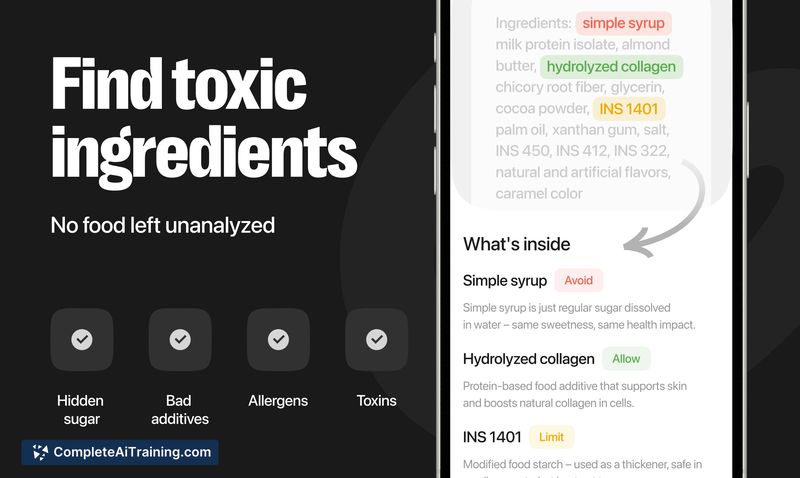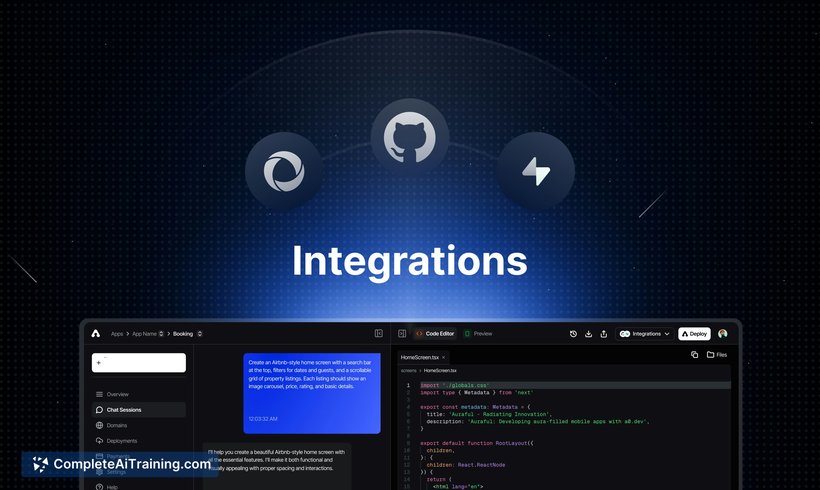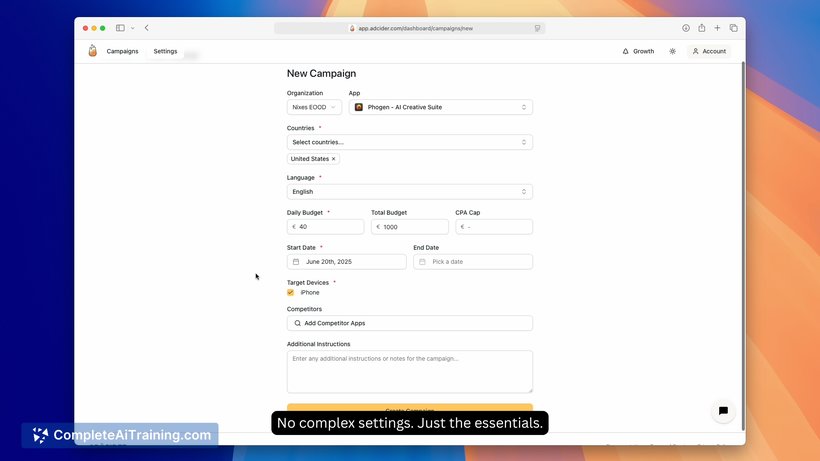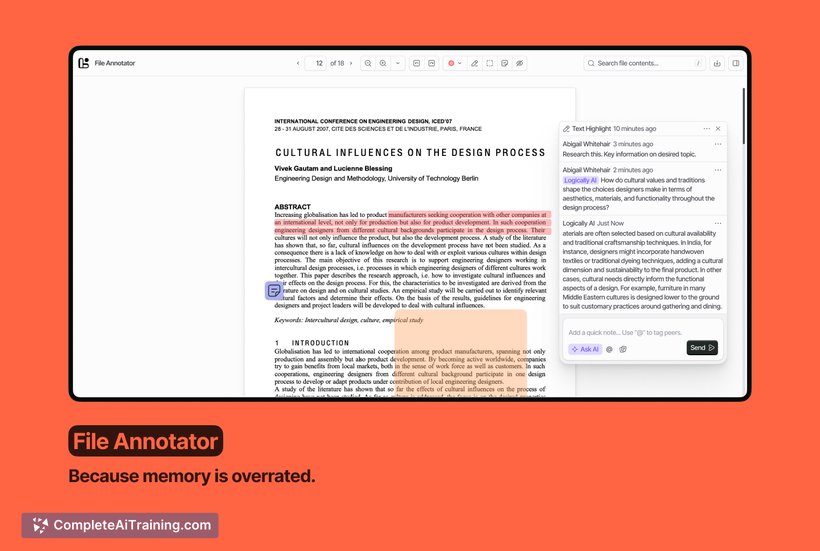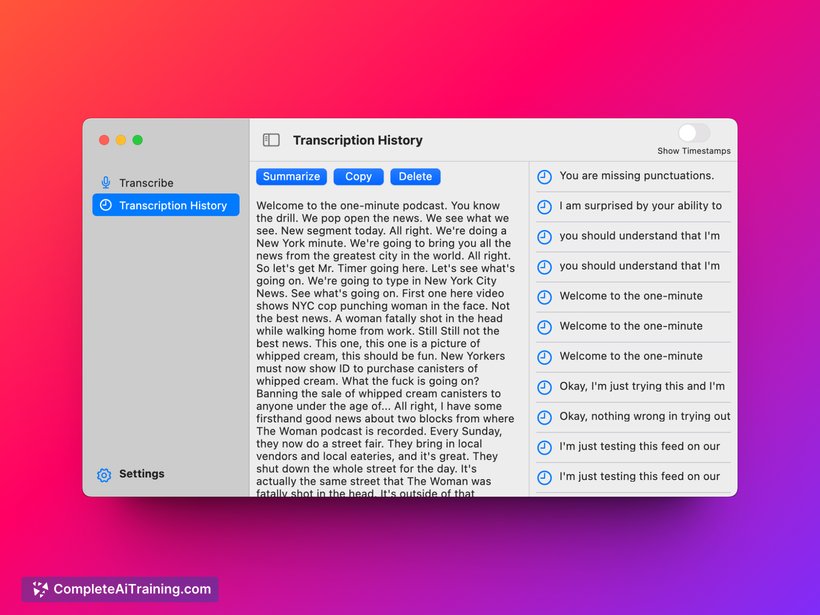About Emma
Emma is an AI-powered food scanner that reads labels and barcodes from any country to reveal ingredients, hidden sugars, additives, toxins, and common allergens. It translates labels into plain language and provides a simple health score so users can make clearer choices at a glance.
Review
Emma focuses on making ingredient information accessible for everyday shoppers by combining image recognition and natural language explanations. The app is especially helpful for users who want quick, actionable guidance while grocery shopping or checking packaged foods on the go.
Key Features
- Photo and barcode scanning that reads labels in multiple languages
- Detection of hidden sugars, additives, toxins, and allergens
- Plain-language explanations and a concise health score for each product
- AI-driven analysis without relying solely on prebuilt product databases
- iOS-native app with onboarding options and a free tier
Pricing and Value
Emma offers a free option to try basic scanning and insights, with a subscription used to unlock ongoing premium features and more advanced analysis. At launch there are promotional offers (for example, a multi-month free trial for early users), and the subscription model makes sense for regular users who want consistent, up-to-date label interpretation and personalized guidance.
Pros
- Fast, accurate label scanning that highlights hidden sugars and problem ingredients
- Clear, plain-language results that are easy to act on during shopping
- Supports multiple languages and international products, useful for travelers or imported goods
- Helpful for people managing specific dietary concerns like diabetes or allergies
- Free tier lets users try core features before subscribing
Cons
- Currently available only on iOS, with no Android release planned at the moment
- Some users report gaps in product coverage and occasional photo-scan hiccups
- Offline use appears limited; reliance on online processing can be a drawback in low-connectivity situations
Emma is a strong fit for shoppers, parents, and people managing dietary conditions who want quick clarity about packaged foods, especially when buying products from different countries. For iOS users who scan labels regularly, the subscription delivers clear value; Android users will need to wait for broader platform support or consider alternatives in the meantime.
Open 'Emma' Website
Your membership also unlocks:

